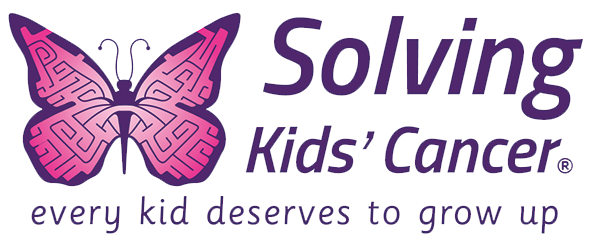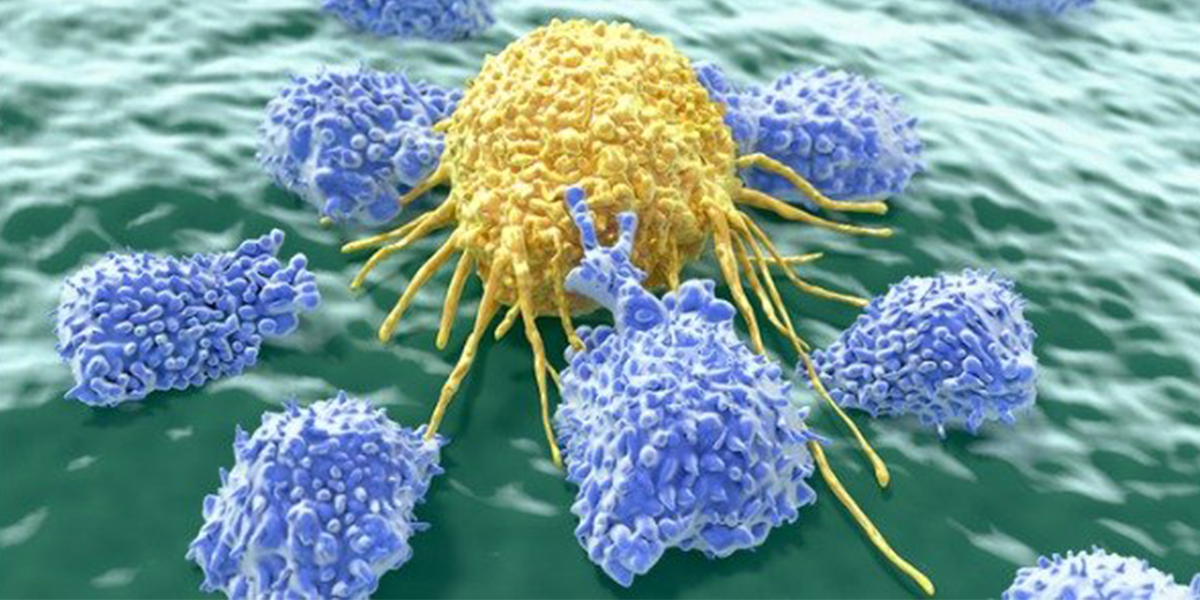Landmark Transatlantic Trial for Children with High-Risk Neuroblastoma Funded by Parent-Led Charities
In a landmark in pediatric oncology research, children with high-risk neuroblastoma across Europe and North America will be treated together for the first time, following the award of $1.4M to fund a new transatlantic clinical trial.
Read MoreWhy Research Childhood Cancers with Low Survival Rates?
Researching Childhood Cancers with Low Survival Rates The Rare Diseases Act of 2002 states that a disease or disorder is considered “rare” if fewer than 200,000 people are affected by it in the United States. Of more than 100 types of cancer[1], only breast and prostate cancers do not qualify as a “rare disease.”…
Read MoreRare Brain Tumors in Kids
Brain and spinal cord tumors, also known as central nervous system (CNS) tumors, are the most common type of solid tumors affecting children. Brain tumors make up about 15% of pediatric cancers, and are the second most commonly diagnosed cancer in children and now, the deadliest type of childhood cancer, ahead of leukemia.
Read MoreClinical Trial Harnesses Power of Natural Killer Cells to Treat Neuroblastoma
Solving Kids’ Cancer, The Catherine Elizabeth Blair Memorial Foundation, and Wade’s Army awarded a $136,000 grant to support the novel immunotherapy clinical trial for childhood cancer. Researchers will use a humanized monoclonal antibody linked to IL2, known as hu14.18-IL2, which specifically targets neuroblastoma tumor cells and binds to them, while the IL2 activates NK cells…
Read MoreFirst-in-Class Immunotherapy for Relapsed and Refractory Pediatric Brain Tumors
Project Title: Phase 1 study of APX-005M CD40 agonist antibody in children with CNS tumor Researcher: Ira Dunkel, MD Institutions: Pediatric Brain Tumor Consortium Study Type: Phase I This phase I clinical trial is a collaboration to evaluate dosage and side effects of APX005M, an investigational immune activating compound that targets CD40, in pediatric patients…
Read MoreDoes Size Matter? Can a Nanoparticle Deliver Something Really Big?
Project Title: Optimizing SN38 nanoparticles to treat children with high-risk tumors Investigator: Garrett Brodeur, MD Institution: Children’s Hospital of Philadelphia Study Type: Preclinical Nanotechnology is a rapidly emerging field with the potential to revolutionize drug delivery, and it is expected to affect every major arena of drug development in the coming years. Advances in this area…
Read MoreCan The Measles Virus Help Topple Deadly Brain Tumors?
Project Title: Ph I Measles OV MV-NIS for recurrent Medullo/ATRT Investigators: Sabine Mueller, MD, PhD, MAS Institutions: UCSF Helen Diller Cancer Center, PNOC Consortium Study Type: Two arm Phase I clinical trial Status: Recruiting For children with recurrent medulloblastoma or AT/RT, outcomes remain poor. Preclinical studies have shown that treatment with modified, attenuated measles virus (MV-NIS) leads…
Read MoreCan Small Molecule Agents Make a Big Difference?
This international collaboration of researchers and charities will rapidly introduce a new investigational drug to children and potentially result in significant clinical responses. Project Title: A Phase I/II study of PF-06463922, a next-generation ALK inhibitor, in children with relapsed / refractory ALK-driven neuroblastoma Investigators: Araz Marachelian, MD; Yael Mosse, MD; Lou Chesler, MD Institutions: NANT…
Read MoreCan Targeted Radiotherapy and a Combination of Antibodies Pack More Punch in Boosting the Immune System to Destroy Cancer Cells?
Can Targeted Radiotherapy and a Combination of Antibodies Pack More Punch in Boosting the Immune System to Destroy Cancer Cells? Project Title: A Phase I Study of 131-1 mIBG, Nivolumab, and Dinutuximab-beta in Relapsed / Refractory Neuroblastoma (MiNivAn) Researcher: Juliet Gray, MD Institution: University Hospital Southampton, University of Wisconsin-Madison, Greifswald, Germany Study Type: Phase I clinical…
Read MoreCan the Polio Virus Stop Deadly Brain Tumors?
The virus is delivered via a catheter directly into the tumor by a method known as convection-enhanced delivery. This clinical project fills a significant unmet need for children with high-risk brain tumors. PVSRIPO for Recurrent Malignant Glioma in Children Project Title: Phase I study of an oncolytic polio/rhinovirus recombinant (PVS-RIPO) against recurrent pediatric high-grade glioma…
Read More



